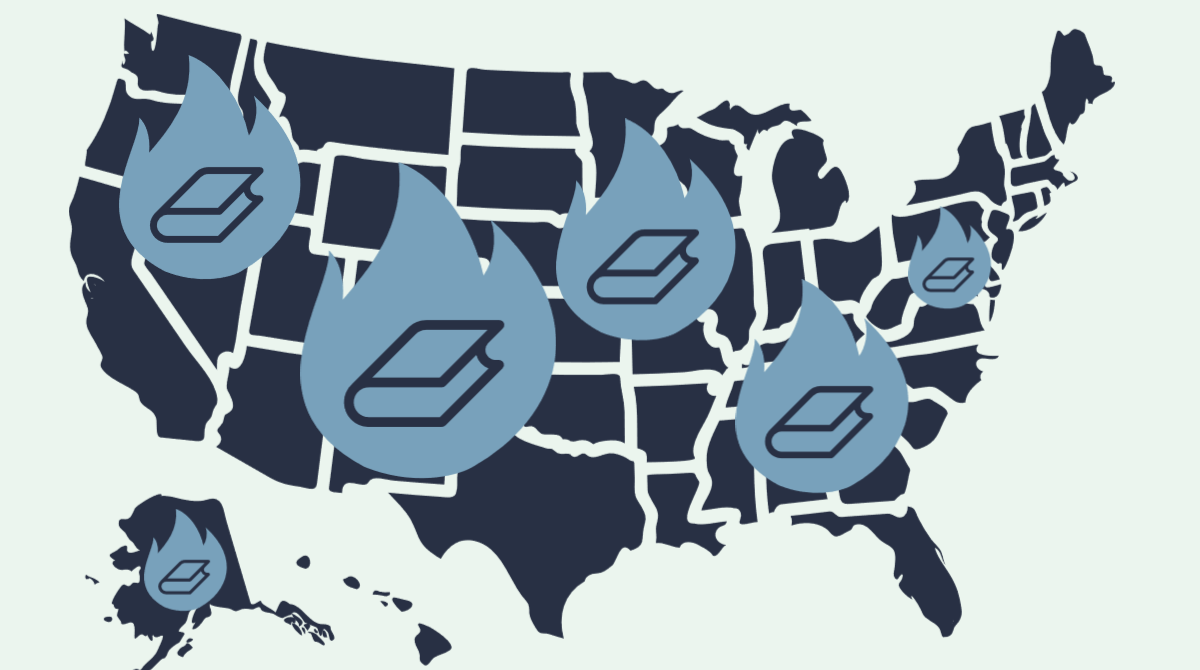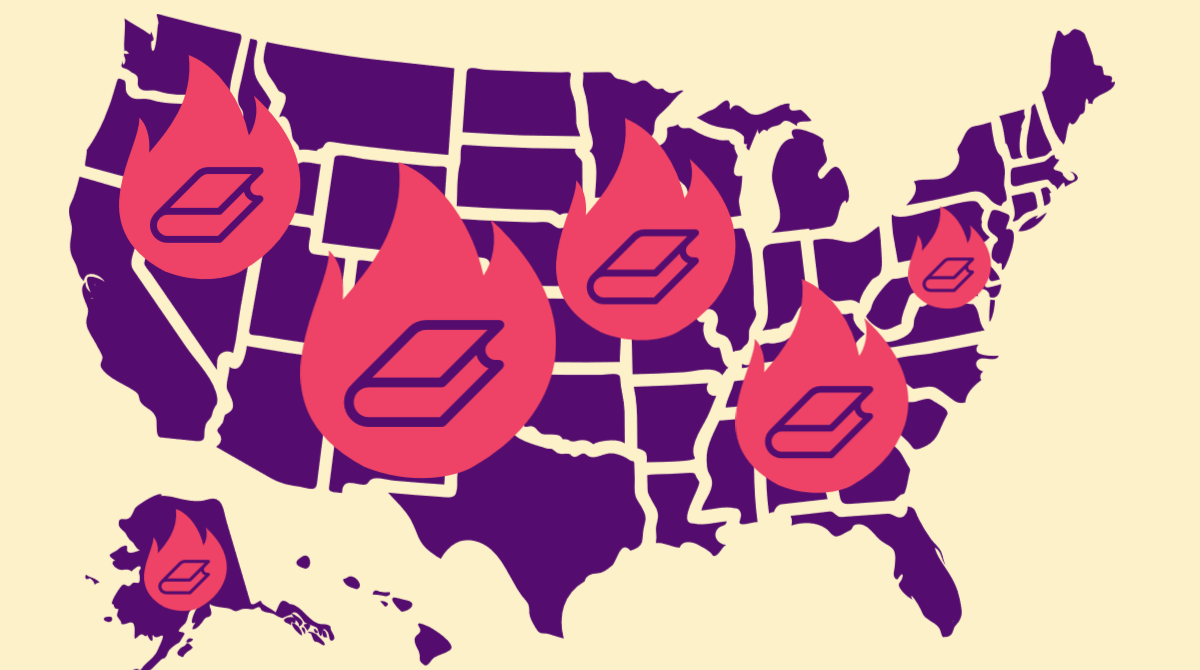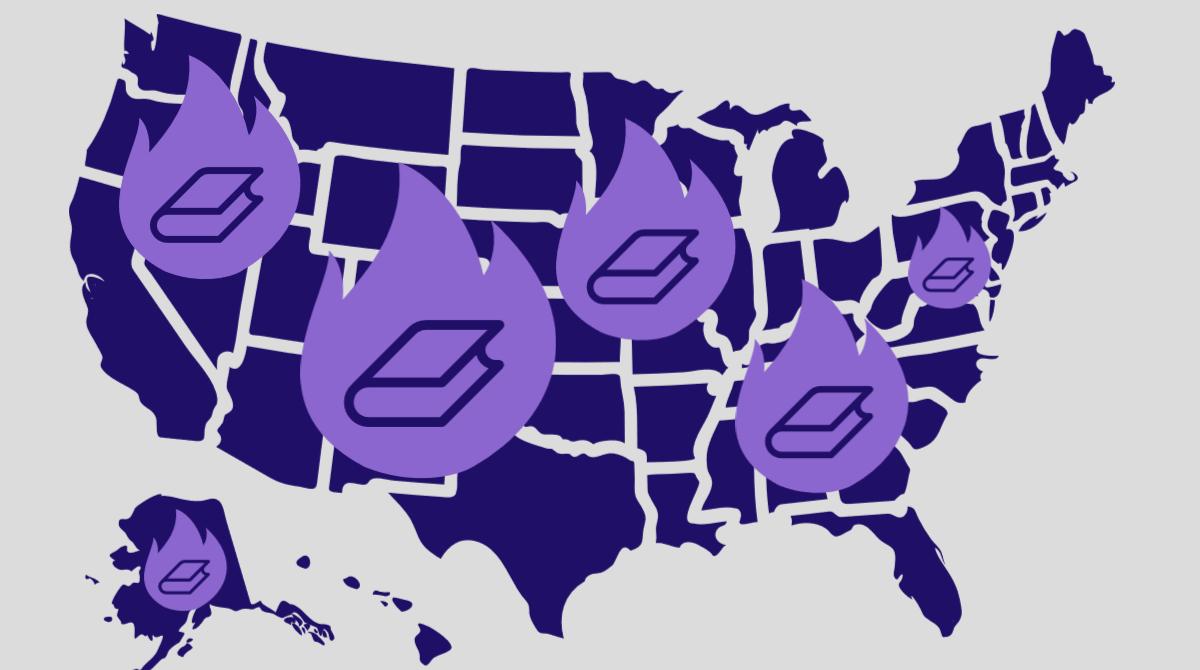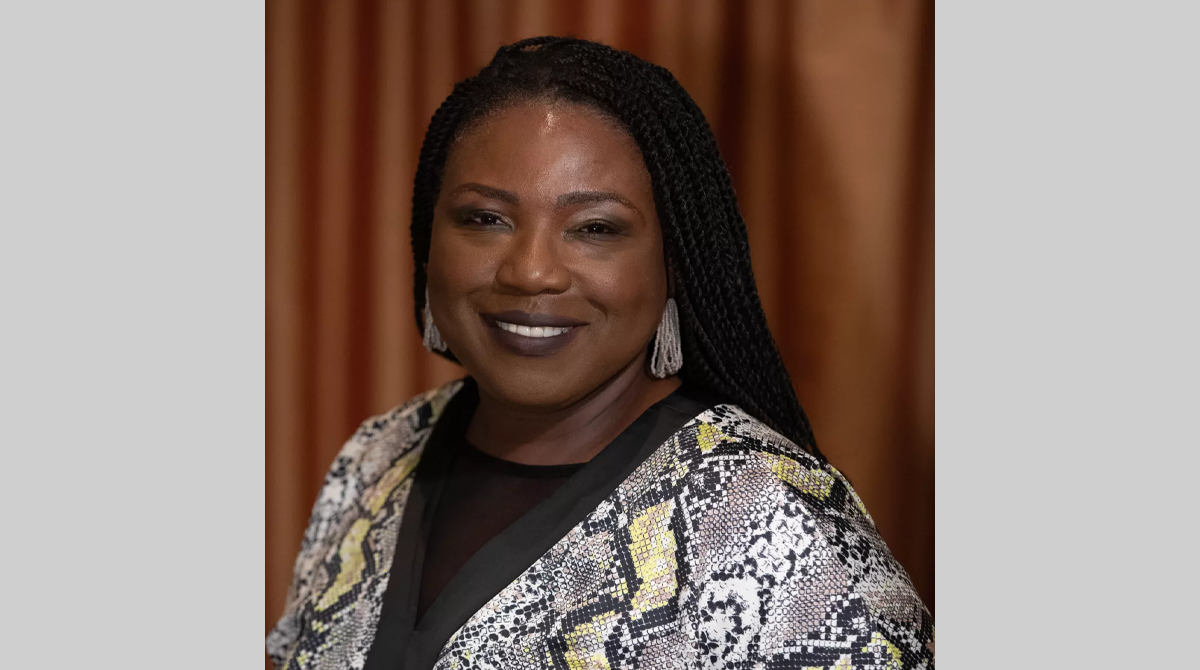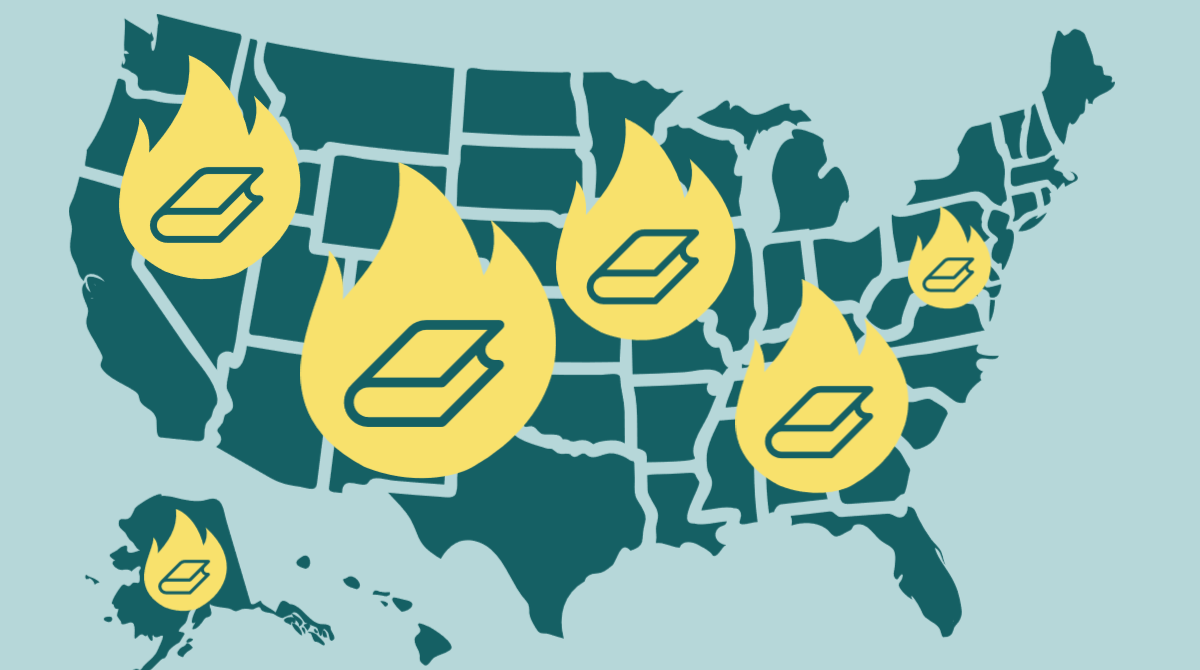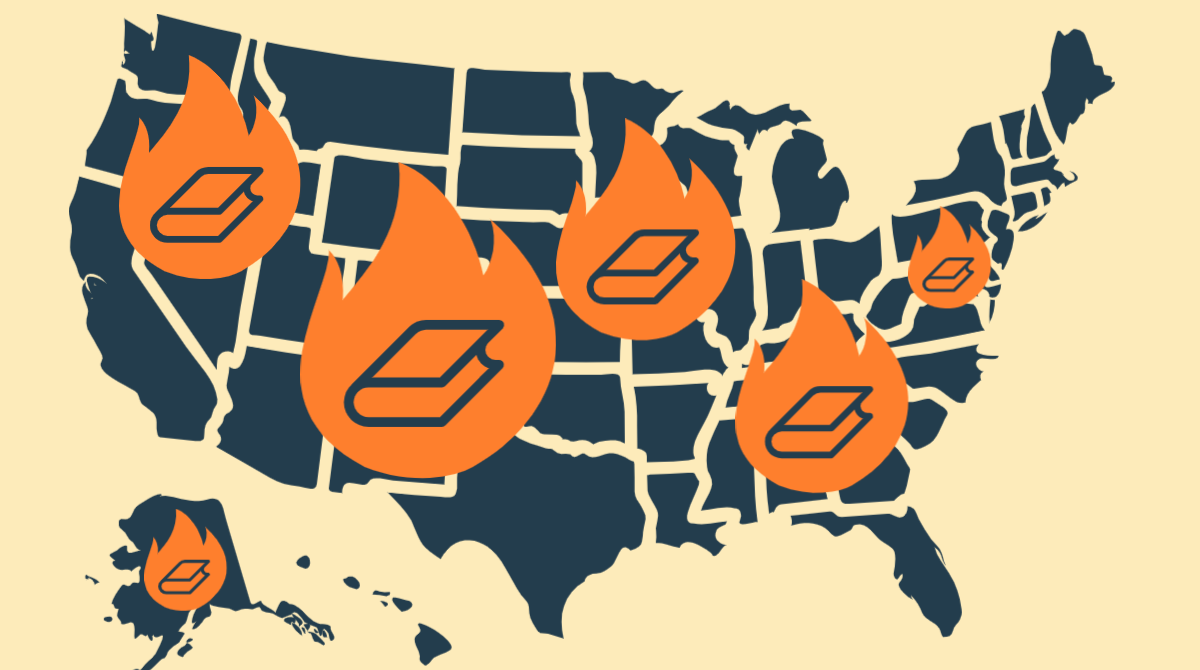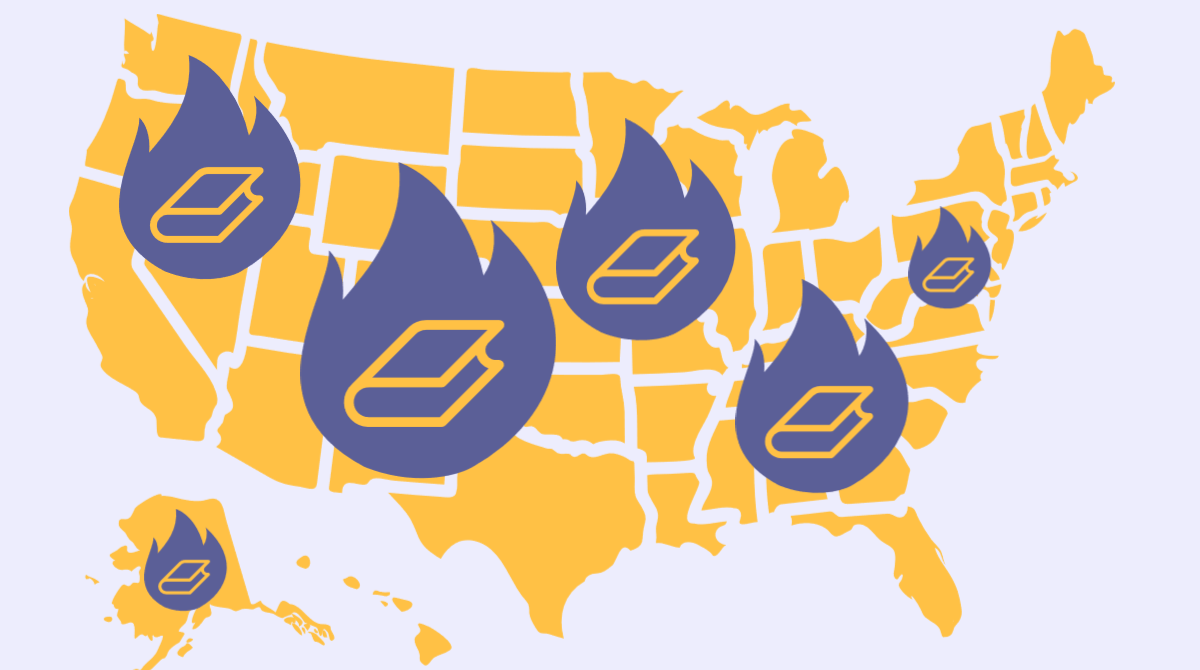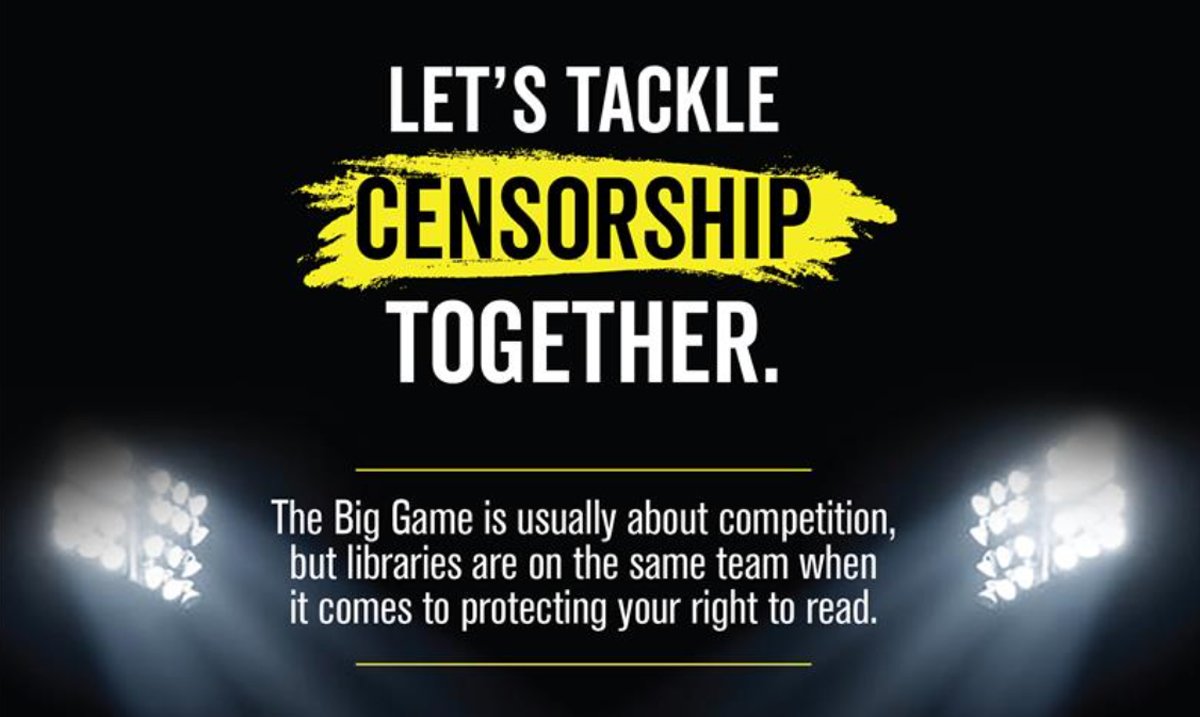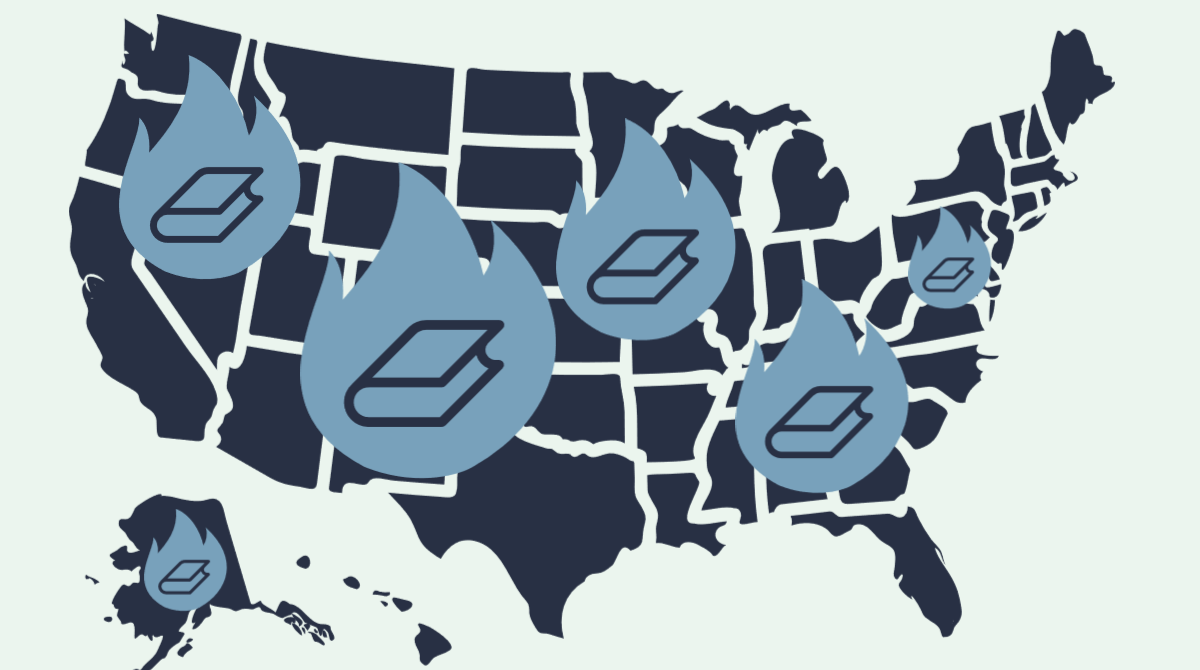U.S. Book Challenges Update: April 7 Edition
Libraries and schools across the country are experiencing unprecedented levels of attempts to ban or remove books from their shelves. I Love Libraries will continue to raise awareness by highlighting attempts to censor library materials, as well as efforts by librarians, parents, students, and concerned citizens to push back against them. This report includes news from Iowa, Virginia, Texas, and Florida.
After bomb threats, Iowa City school district removes book targeted by anti-LGBTQ Twitter account
Juno Dawson’s This Book is Gay is being removed from shelves at certain Iowa school libraries after a pair of bomb threats in late March, reports Iowa City Press-Citizen.
Following a Twitter blast aimed at Northwest Junior High School in Coralville, Iowa, the school received bomb threats and was subsequently evacuated. The Libs of TikTok Twitter account, which has 2 million followers and is known for its anti-LGBTQ stance, published a Tweet on March 21 that denounced the school for having Dawson’s book. It generated hundreds of responses, many of them graphically homophobic.
Iowa City Community School District Superintendent Matt Degner, in an email to district families and staff Tuesday, said the March 23 and 24 bomb threats against Northwest appeared “to be part of larger nationwide efforts designed to cause disruption and panic as well as draw attention to the availability of the book This Book is Gay in school libraries.” As a result, the book is being removed and will be reviewed as part of a district policy.
Virginia town to remove 14 books from school libraries for explicit content
Days after he proposed closing school libraries to address budgetary concerns, a Virginia school district superintendent has also ordered the removal of 14 books from school libraries for containing “sexually explicit material,” including two by Toni Morrison, reports the Washington Post.
Spotsylvania County Public Schools Superintendent Mark Taylor said in a memo that the titles must be removed from school libraries and delivered to his office by Friday, March 31 at 4 p.m. The move comes in response to complaints about sexually explicit content in the books. The books, however, were reviewed by committees of parents and teachers and found to be appropriate for high school libraries. Taylor argues in the memo that since library books are classified as “instructional material,” the books make it difficult to comply with a state law requiring school divisions to ensure “parental notification of any instructional material that includes sexually explicit content.” The easiest solution was to remove them from the library, he said.
The books being removed include: All Boys Aren’t Blue by George M. Johnson; Like a Love Story by Abdi Nazemian; Dime and America by E.R. Frank; Sold by Patricia McCormick; Out of Darkness by Ashley Hope Perez; Beloved and The Bluest Eye by Toni Morrison; Looking for Alaska by John Green; The Perks of Being a Wallflower by Stephen Chbosky; Water for Elephants by Sara Gruen; Neanderthal Opens the Door to the Universe by Preston Norton; More Happy Than Not by Adam Silvera; and Nineteen Minutes by Jodi Picoult.
Judge stops removal of banned books in Llano, Texas, libraries
A Texas federal district court judge interrupted the ongoing removal of books from the Llano County library system, reports the Dallas Morning News. The move will immediately reinstate books-many of which have LGBTQ themes-that government officials in the county pushed out of three libraries.
Seven residents of Llano County, with support from the American Library Association and the Freedom to Read Foundation, filed the federal lawsuit in April of last year against several public officials, including the county judge and the library system’s director, for removing books that had received community complaints. Nearly a year later, the court found that library officials violated the First Amendment by restricting access to some books based on the materials’ message and content.
“This is a ringing victory for democracy,” plaintiffs’ counsel Ellen Leonida said in a statement. “The government cannot tell citizens what they can or can’t read.”
Florida board bans This Book Is Gay from middle school libraries
The school board of Hillsborough County, Florida, voted to ban Juno Dawson’s This Book Is Gay from all public middle schools in the area on March 28, reports The Hill.
The controversy began last year when a parent filed a complaint because the book was available in the Pierce Middle School library in Tampa. A committee at the school reviewed the book and decided it should stay. Their decision was appealed, after which a district committee reviewed the book, also voting that it could remain on library shelves. That decision was also appealed, leading to Tuesday’s special school board meeting.
The board’s vote was troubling to many of the book’s supporters at the meeting.
“Very upsetting, and very scary. This, that’s a very scary precedent for our future of books,” said library media specialist Kathleen Daniels.
“I may not agree with a content, but others might,” said one student. “And how is it my decision to choose what is to be read and what is not?”
Take action
Alarmed by the escalating attempts to censor books? Here are five steps you can take now to protect the freedom to read.
1. Follow news and social media in your community and state to keep apprised of organizations working to censor library or school materials.2. Show up for library workers at school or library board meetings and speak as a library advocate and community stakeholder who supports a parent’s right to restrict reading materials for their own child but not for all
3. Help provide a safety net for library professionals as they defend intellectual freedom in their communities by giving to the LeRoy C. Merritt Humanitarian Fund.
4. Educate friends, neighbors, and family members about censorship and how it harms communities. Share information from Banned Books Week.
5. Join the Unite Against Book Bans movement to learn what you can do to defend the freedom to read in your community.
